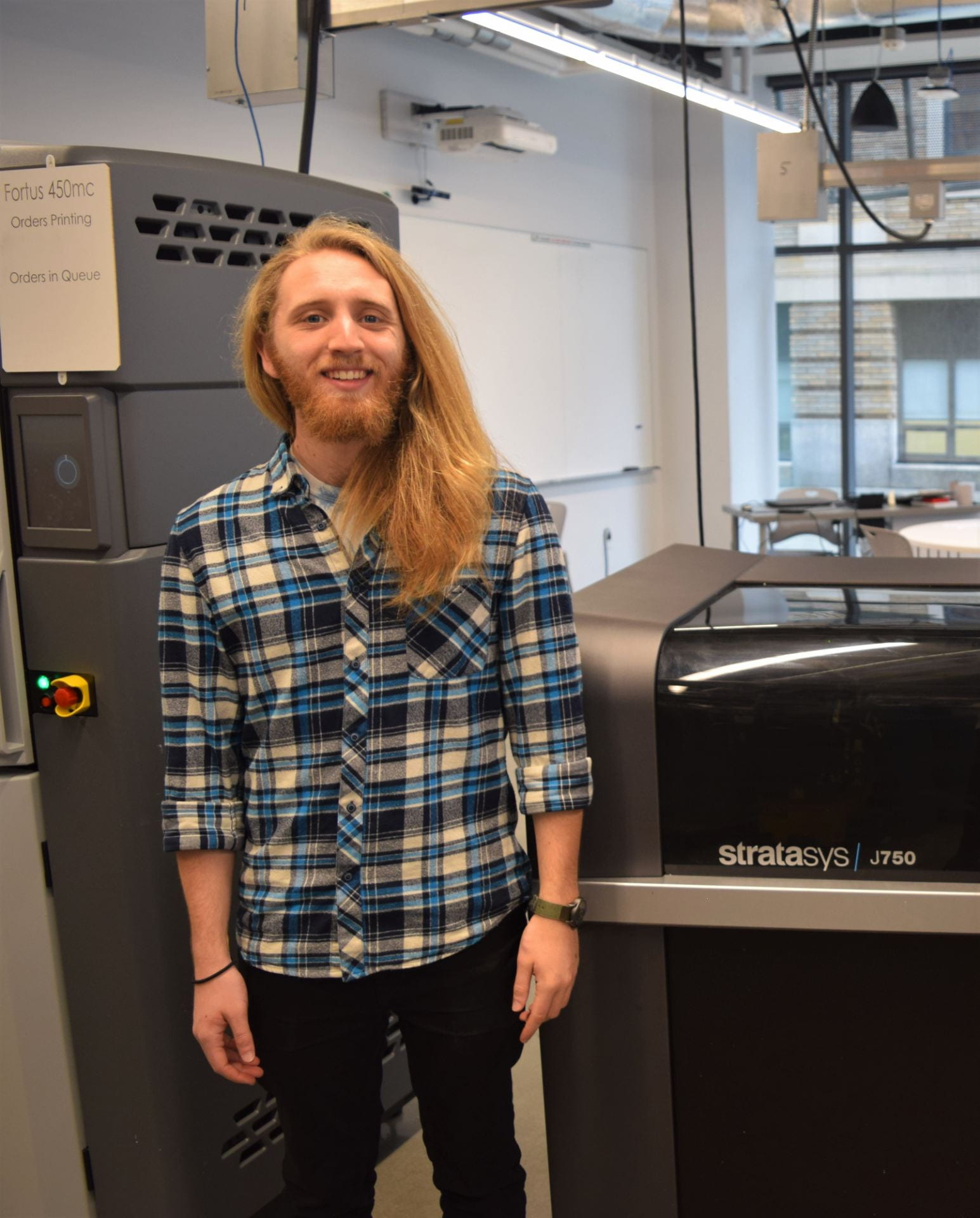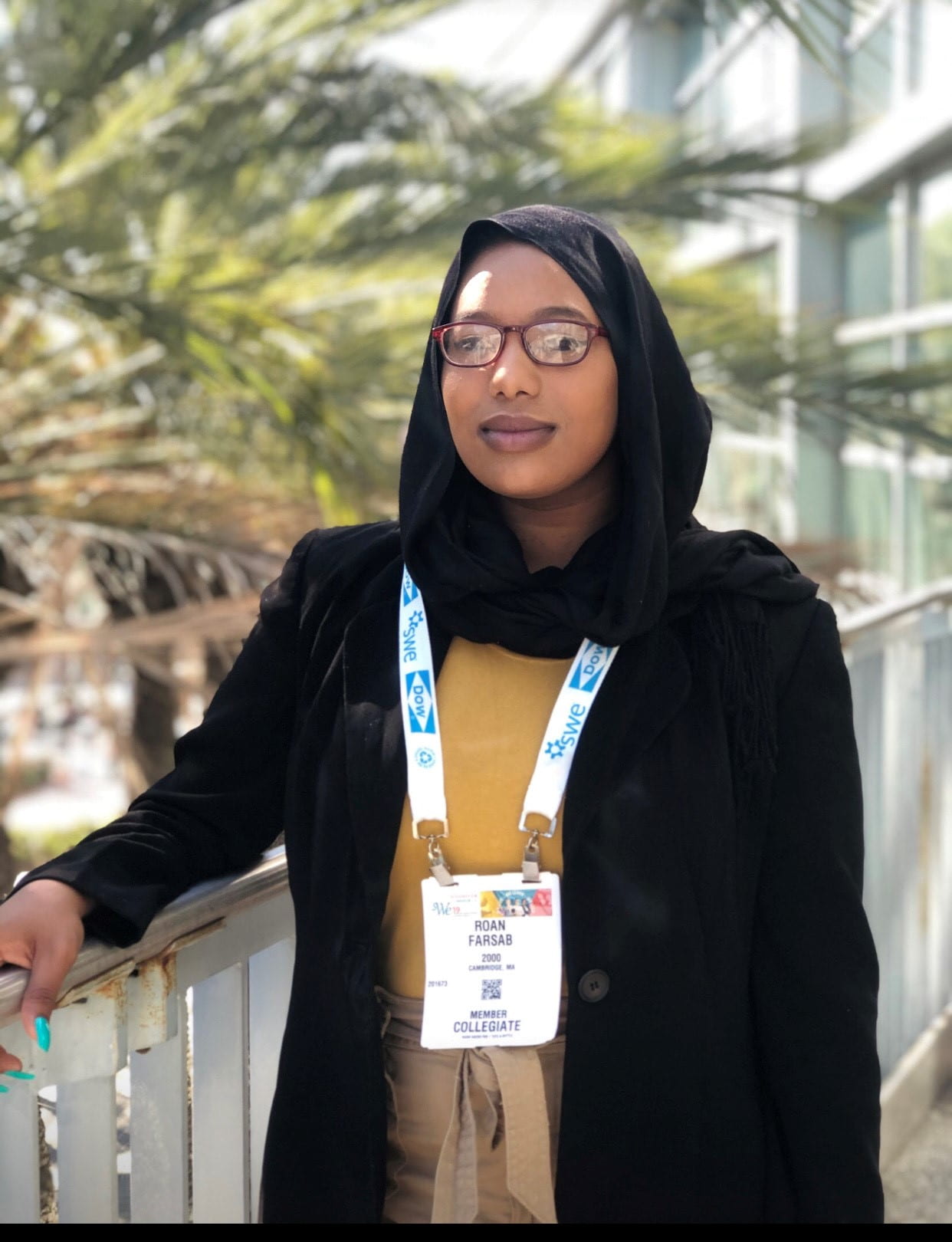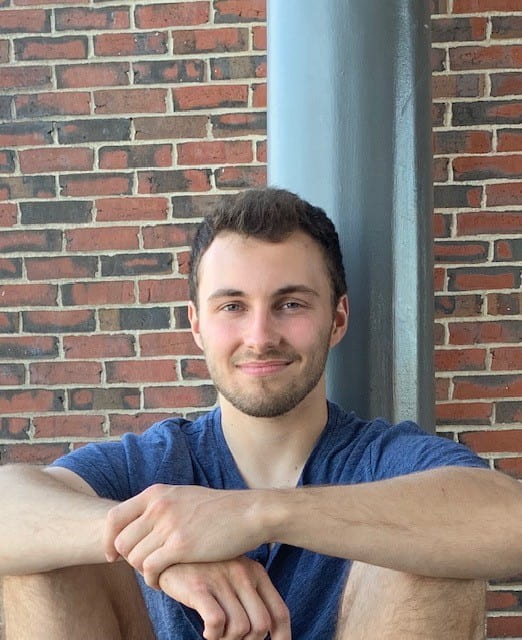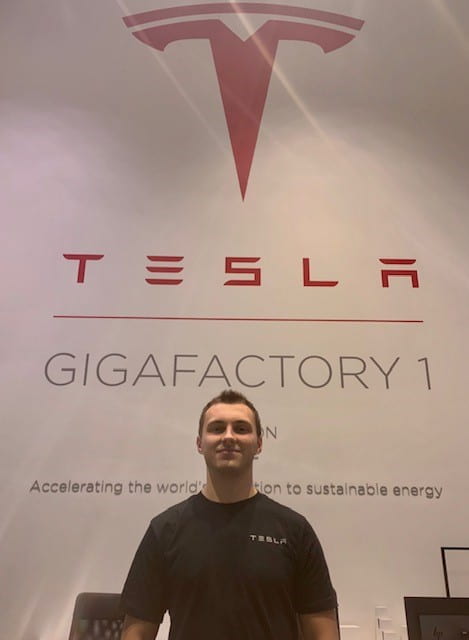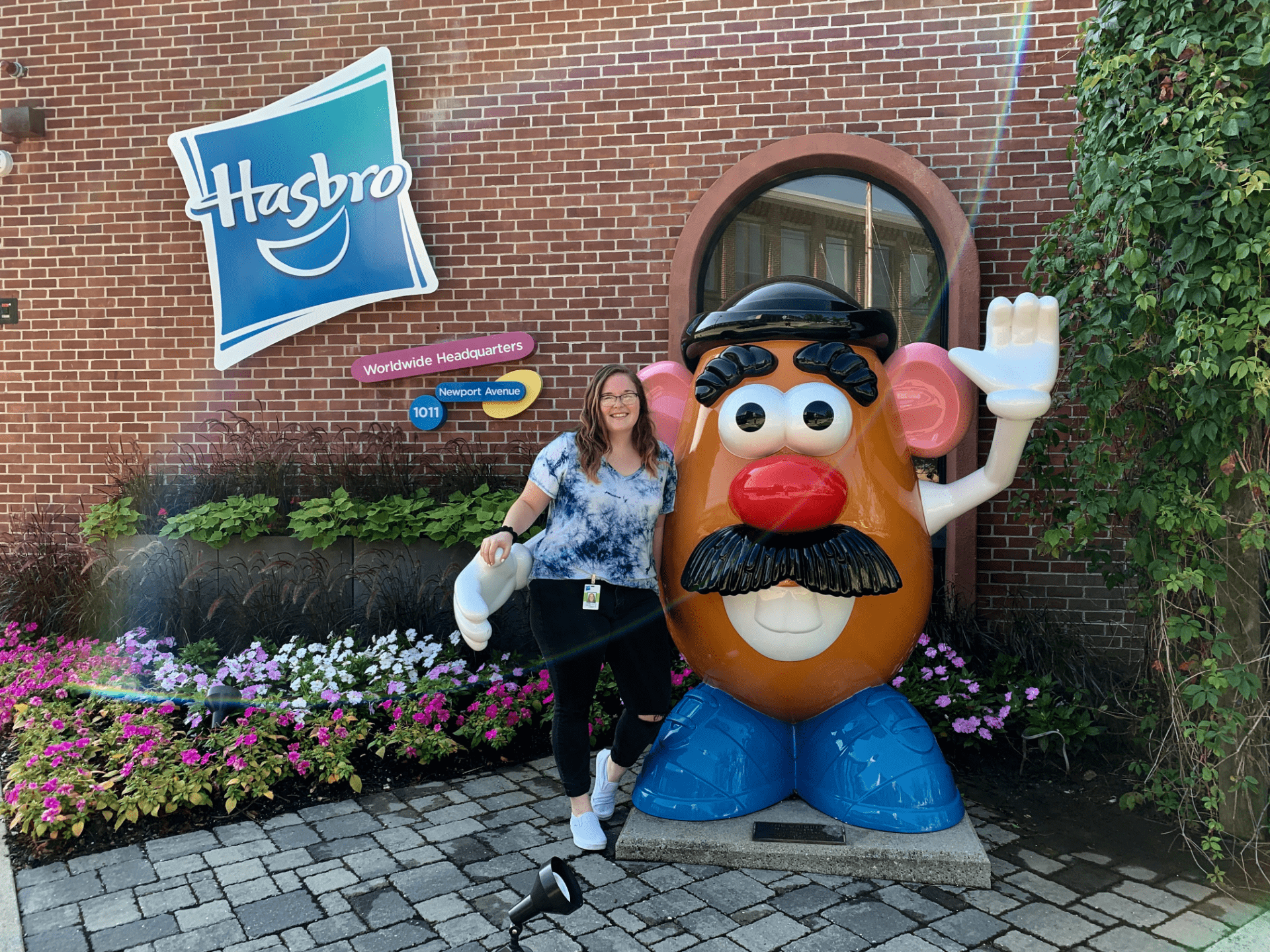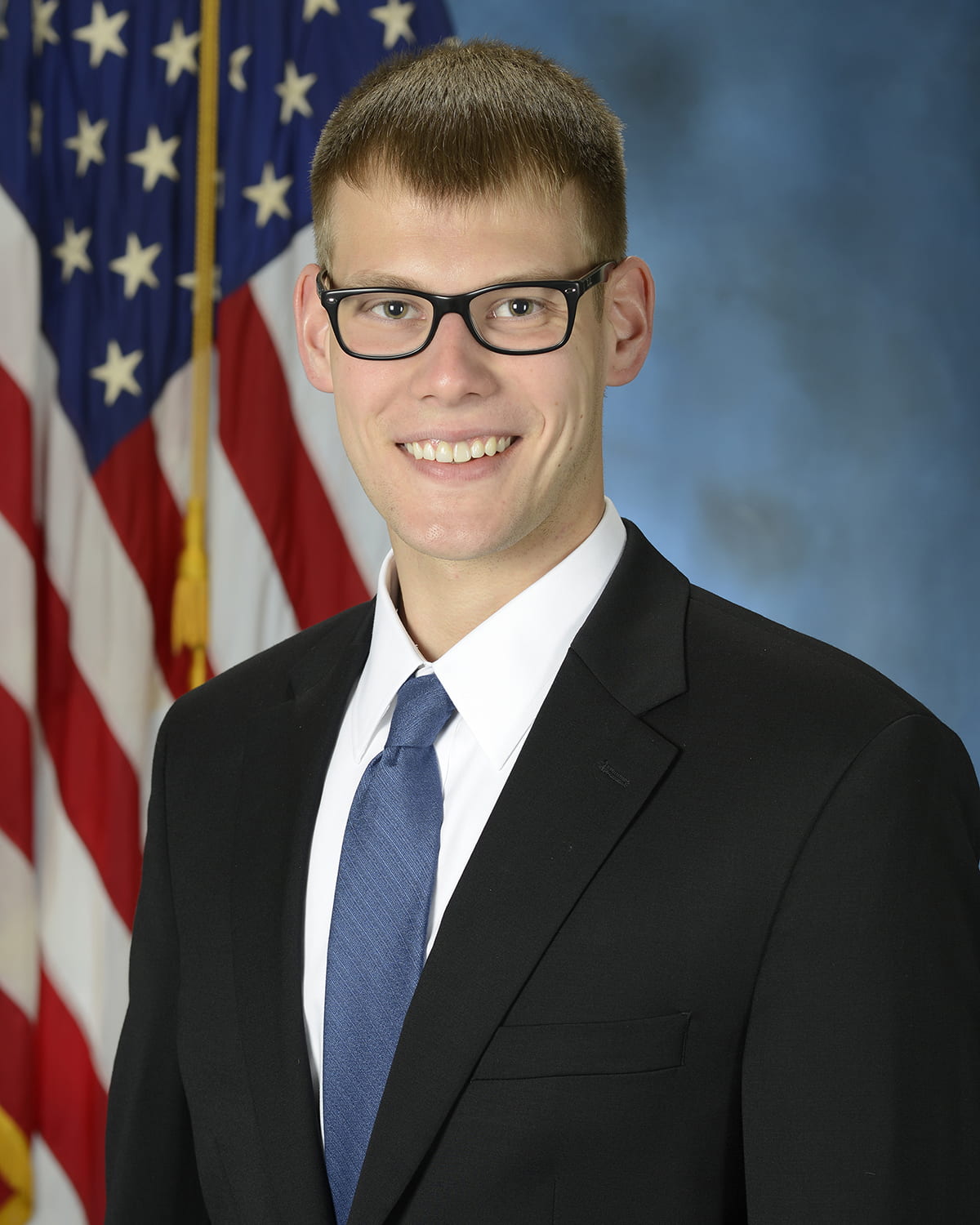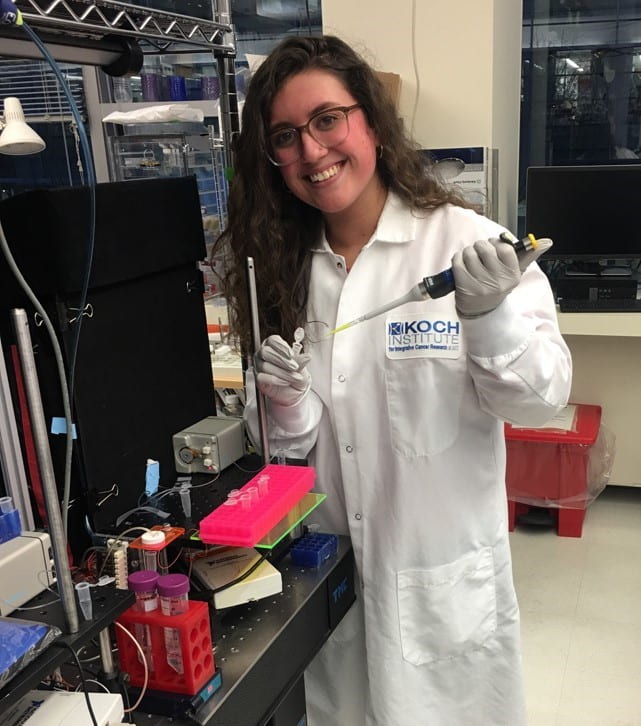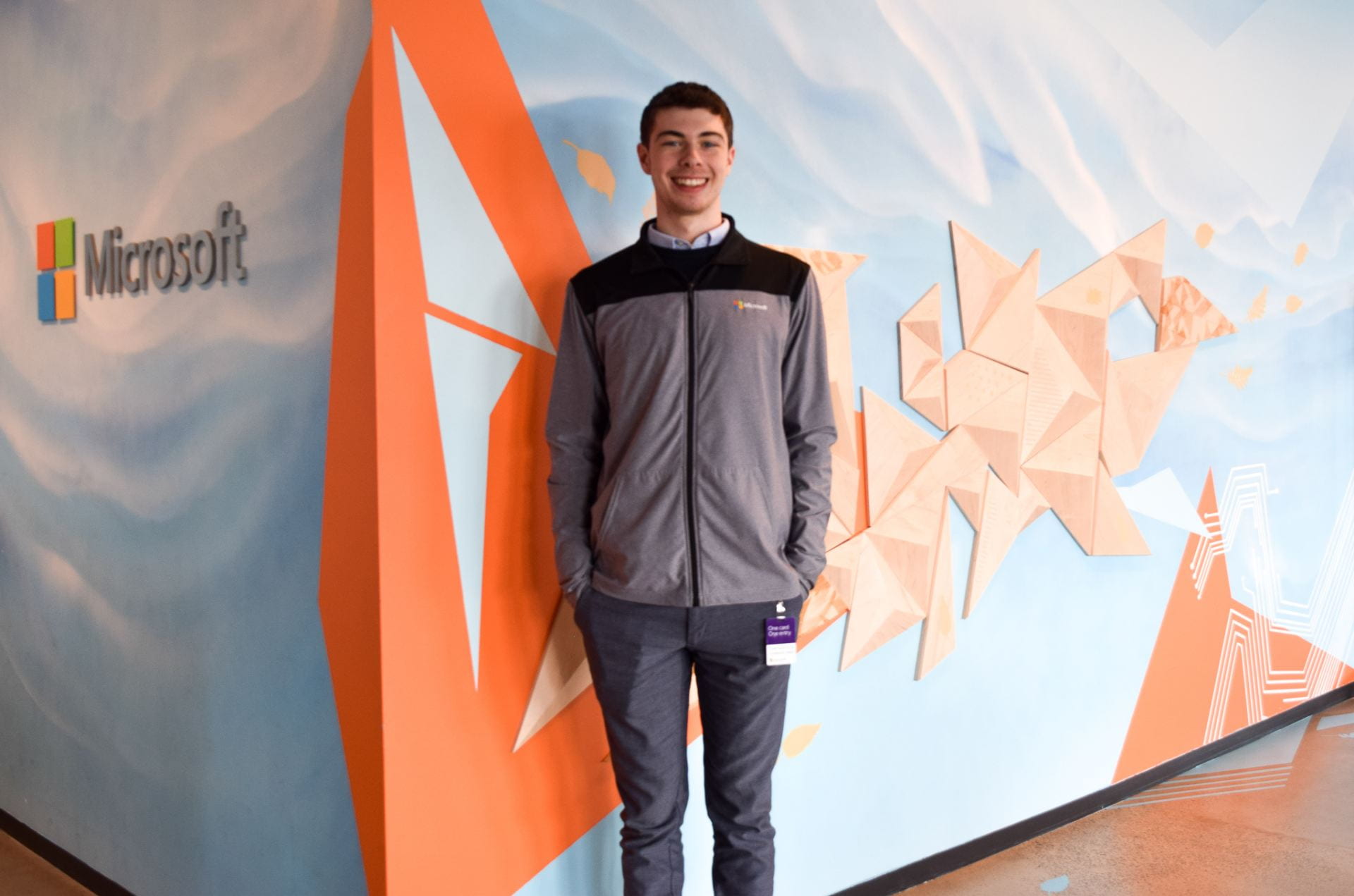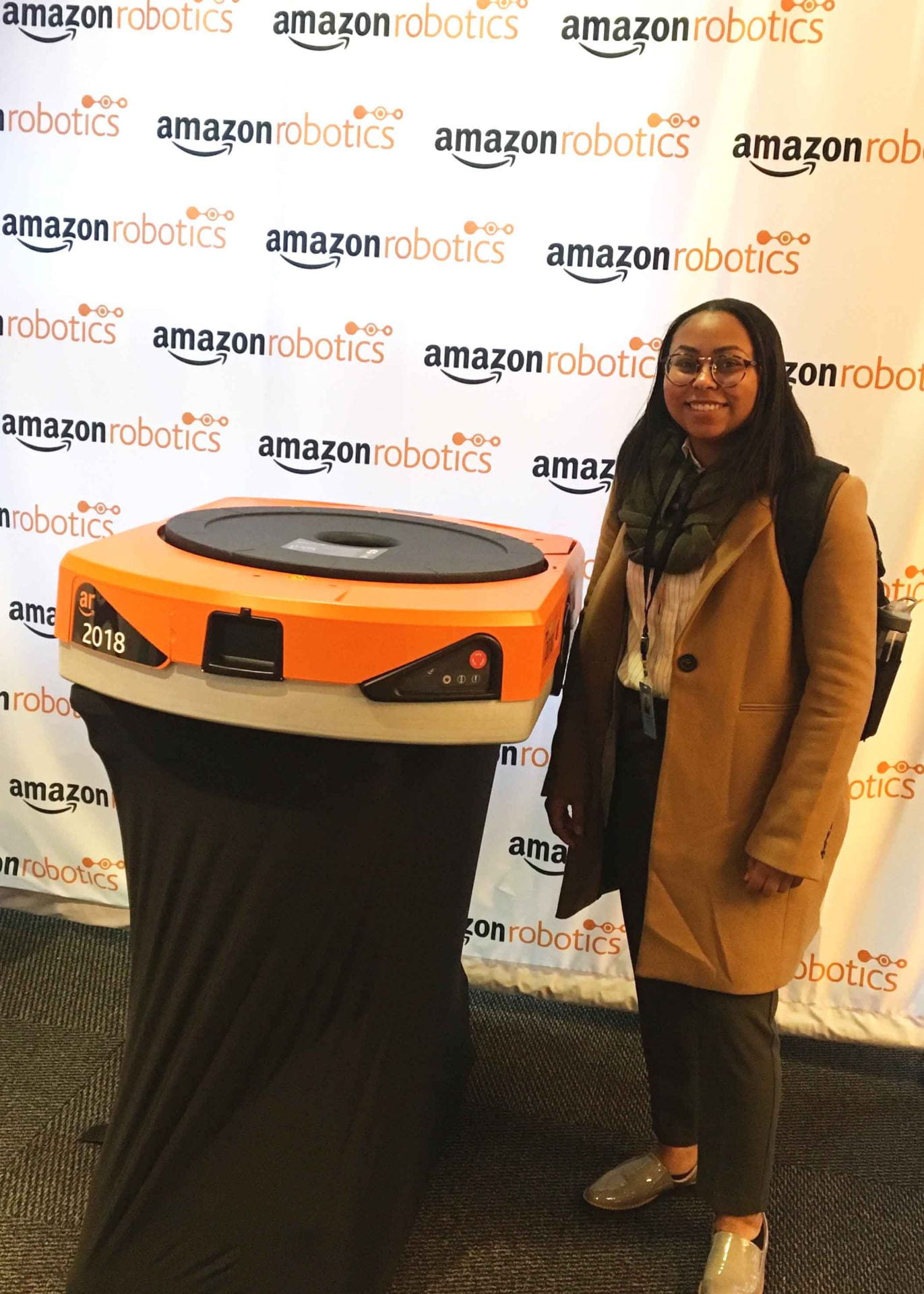By: Nick Piscitello
Recent graduate of the Electromechanical Engineering Program, Nick Piscitello, shared his experience working at Portsmouth Naval Shipyard as a part of the SMART Program with CO-OPS + CAREERS:
What is the SMART Program?
The SMART (Science, Math, And Research for Transformation) program is a scholarship-for-service program offered through the Department of Defense. The scholarship covers 100% of tuition costs (no limit, though this does not include room and board or other expenses) and usually includes a monthly stipend with annual allowances for insurance and miscellaneous educational costs (books and supplies). Each SMART program participant is sponsored by a DOD facility where they are obligated to complete summer internships (which count for your co-ops!) and work full-time after graduation. Each year of funding corresponds to one year of full-time work at the sponsoring facility. For example, my funding started for the Fall 2018 semester (after applying during the cycle ending in December 2017) and I graduated in the Spring 2020 semester. I completed an internship during the summer of 2019 and am obligated to work for 2 years at my sponsoring facility after graduation. There are many, many sponsoring facilities across all 3 DOD branches in every corner of the country, and, though you cannot explicitly choose which SF sponsors you, you can express preferences for which ones you would like to work at. It is important to the facilities and the program that you and your SF are a good match.
Why are you participating in the SMART Program?
On the recommendation of a mentor from the Portsmouth Naval Shipyard, I looked into the SMART program and was immediately impressed. Obviously, the tuition payment and stipend were extremely attractive; less tangible but more exiting was the opportunity to build a career with the DOD. I was not selected for the program in my first application year, but I still chose to get my foot in the door at the Shipyard through the Navy Pathways internship program. When I was selected for the SMART scholarship the next year, I was excited to be able to spend two more summers at the Shipyard, building a relationship with the group I’d be working with after graduation. I view these internship periods and the service commitment as advantages – I’ll be walking into a job I like and a group that I already have a good relationship with. In addition, the DOD is one of the largest organizations in the world, guaranteeing endless opportunities for upward mobility and relocation throughout my career.
How do I get into the SMART program?
Applications are accepted beginning in August and are due by December 3rd for awards beginning the next fall semester (with no internship required during that summer). The major components of the application package include a few standard essay questions (why you want to work for the DOD, why you enrolled in your major, teamwork/leadership/volunteer experiences, etc.) and 3 letters of recommendation. Depending on the facility that sponsors you and your specific role there, you may need to be able to obtain a security clearance; either way, this is essentially an application for federal employment so act accordingly! More information on application and eligibility requirements can be found at https://smartscholarshipprod.service-now.com/smart, or you’re welcome to get in touch with me (npiscitello@thelittlefish.net) if you have any questions about my experience.
If you are interested at all in Federal employment, or already have connections at a Federal facility, this opportunity is truly second to none. Applications and offers are non-binding, so even if you’re still on the fence, it’s worth a shot!
Thank you for sharing your experience with us, Nick! Be on the lookout for our next co-op feature. If you would like to share your co-op experience with us (positive or not-as-expected), or have any questions about the co-op process, please email us at coopsandcareers@wit.edu.
To make an appointment with your CO-OP + CAREER Advisor call the front desk at 617.989.4101 or visit our website for more information about scheduling virtually.
